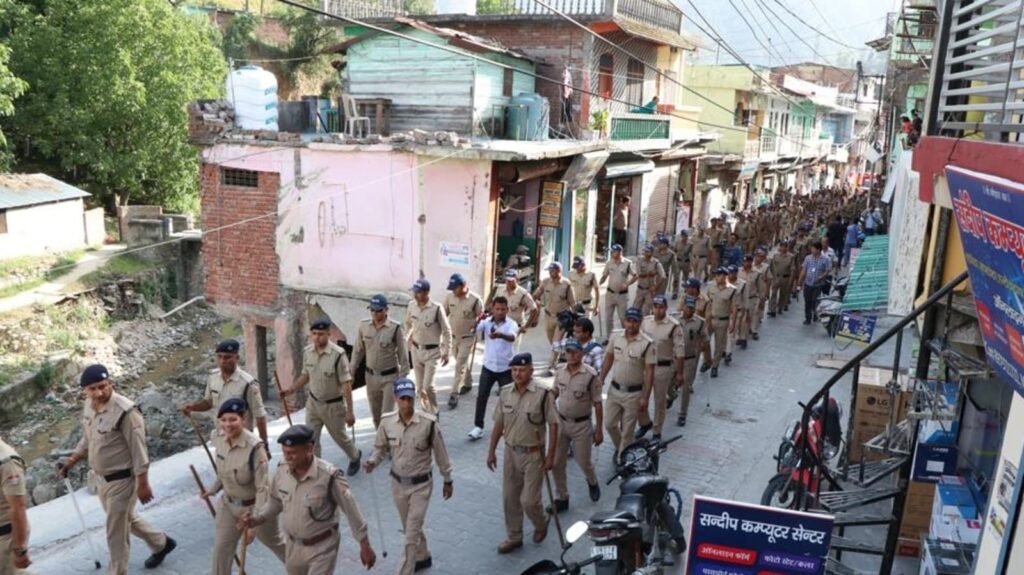The immediate threat posed by escalating communal tensions in Uttarakhand appeared to have been doused, at least for the time being, after the state government told the high court that a mahapanchayat called by a Right-wing group was called off. But larger and disturbing questions remain about the way in which the matter was handled and how communal passions were allowed to be inflamed, allegedly using hate speech. Tensions first flared up in Purola town after the alleged abduction bid of a minor girl on May 26 and the subsequent arrest of two men – one of them Muslim – for the crime. Local Right-wing organisations used the situation to fan communal passions, peddling discredited allegations on interfaith relationships. The hostility reached such a pitch that several Muslim families were forced to leave the town, and a dozen tenant shopkeepers vacated their shops. This is a damning abdication of duty by the local administration and a fit case for the police to intervene, which was either not done or done half-heartedly.
This is exactly the kind of situation that a modern secular democracy strives to avoid. Fringe elements will always try to exploit disturbances to pierce holes in the social fabric, but it is the duty of the law enforcement machinery to forestall such efforts. Whether this was done in Purola is for the high court to determine. But it is clear that the Supreme Court’s direction to the states to register cases against those indulging in hate speech is being observed largely in the breach. This doesn’t bode well for the health of the society and is something that the top court should urgently look into.

